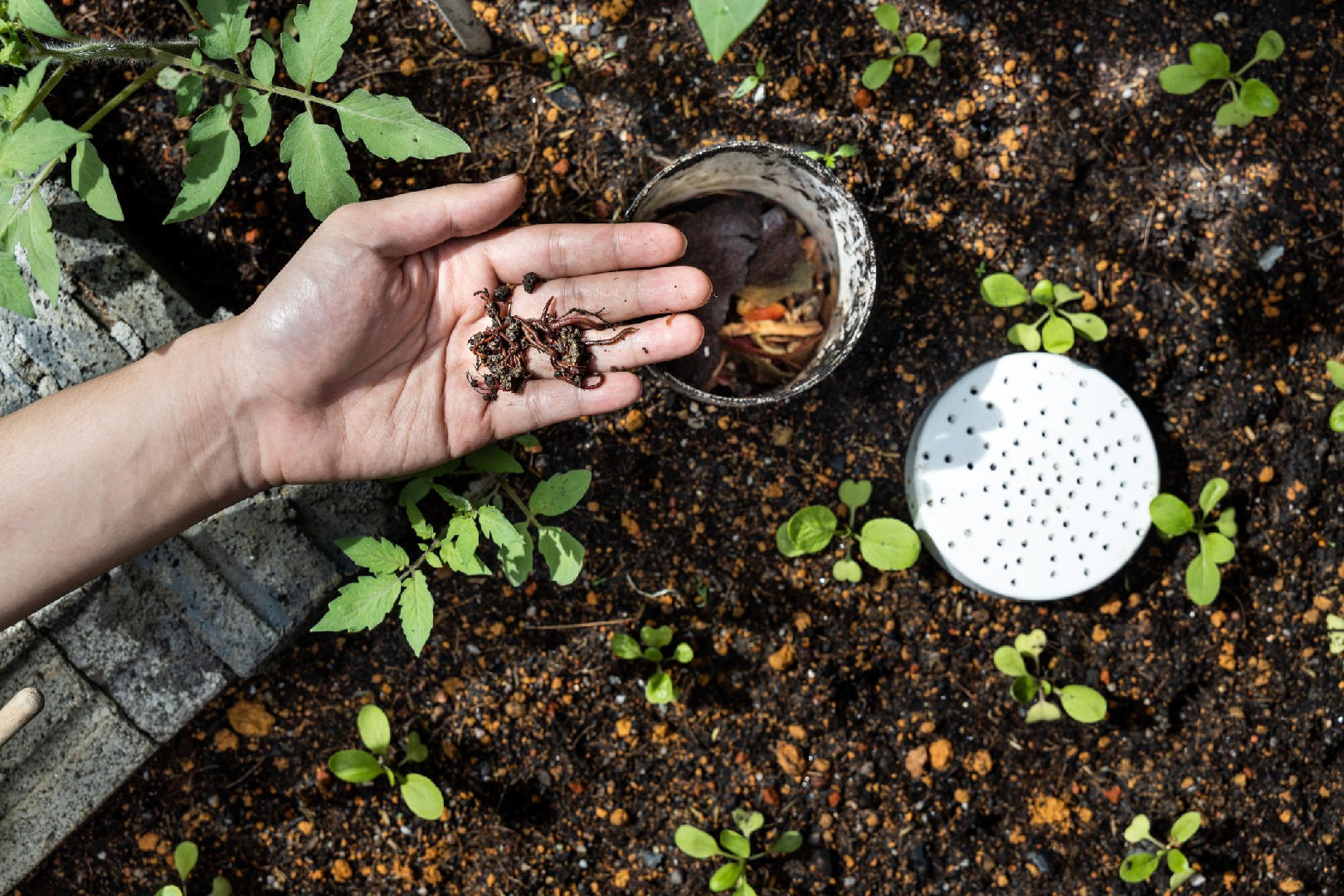![Rectangle]()
Brewing Your Own 'Liquid Gold'
If you're a passionate gardener looking to give your plants a boost, then brewing your own compost teas and extracts is an exciting endeavor that can bring fantastic results. Not only does it make use of kitchen scraps and yard waste that might otherwise end up in a landfill, but it also helps create a nutrient-rich liquid that can do wonders for your garden. So, let's dive into the step-by-step process of making compost teas and extracts at home.
The first step to brewing your own liquid gold is familiarizing yourself with the composting process. Composting is the natural decomposition of organic materials, such as fruit and vegetable scraps, leaves, grass clippings, and coffee grounds, into a rich, dark, and crumbly substance called compost. This compost is teeming with beneficial microorganisms, like bacteria and fungi, which play a vital role in enriching the soil and promoting healthy plant growth.
To start, gather your compost materials, ensuring a good balance of carbon-rich materials (such as leaves and straw) and nitrogen-rich materials (such as kitchen scraps and grass clippings). Layer these materials in a compost bin or pile, making sure to turn them regularly to provide oxygen for the decomposition process. Keep the compost moist but not overly wet, as excessive moisture can lead to unpleasant odors and the growth of anaerobic bacteria.
Creating the ideal composting environment is crucial for the success of your compost teas and extracts. Besides maintaining the right balance of carbon and nitrogen, it's important to monitor the temperature and moisture levels of your compost pile. Aim for a temperature between 120-150°F (48-65°C) to promote the decomposition process and kill off any harmful pathogens, but be cautious not to let it become too hot, as this can destroy beneficial microorganisms.
When your compost has reached a dark and crumbly texture, you're ready to make compost tea or extract. Compost tea is made by steeping compost in water, allowing the beneficial microorganisms to multiply and thrive in the liquid. On the other hand, compost extract is created by soaking a small amount of compost in water and then straining out the solids, resulting in a concentrated solution of microorganisms and nutrients.
To make compost tea, simply fill a container with water and add a generous amount of compost. Let it steep for 24-48 hours, stirring occasionally to aerate the liquid. After the steeping period, strain out the solids and dilute the tea with water, using a ratio of 1:10 (tea to water). Apply the compost tea to your plants' roots or foliage, using a watering can or sprayer, to provide them with a nutrient boost and protect against diseases.
While brewing your own compost teas and extracts is an exciting endeavor, there are a few risks to avoid. Avoid using materials that are potentially harmful to plants, such as treated wood or pesticide-laden waste. Additionally, be mindful of the brewing time and avoid over-brewing, as this can lead to an imbalance of nutrients or an unpleasant odor. It's also important to use well-aged compost to minimize the risk of transmitting harmful pathogens to your plants.
In conclusion, brewing your own compost teas and extracts is a rewarding and environmentally-friendly way to enhance your garden's health and productivity. By following the steps outlined above and maintaining the right balance of elements, you can create a liquid gold that will nourish your plants and invigorate your garden. So, gather your compost materials, steep, strain, and watch your plants thrive with the magic of homemade compost teas and extracts!





